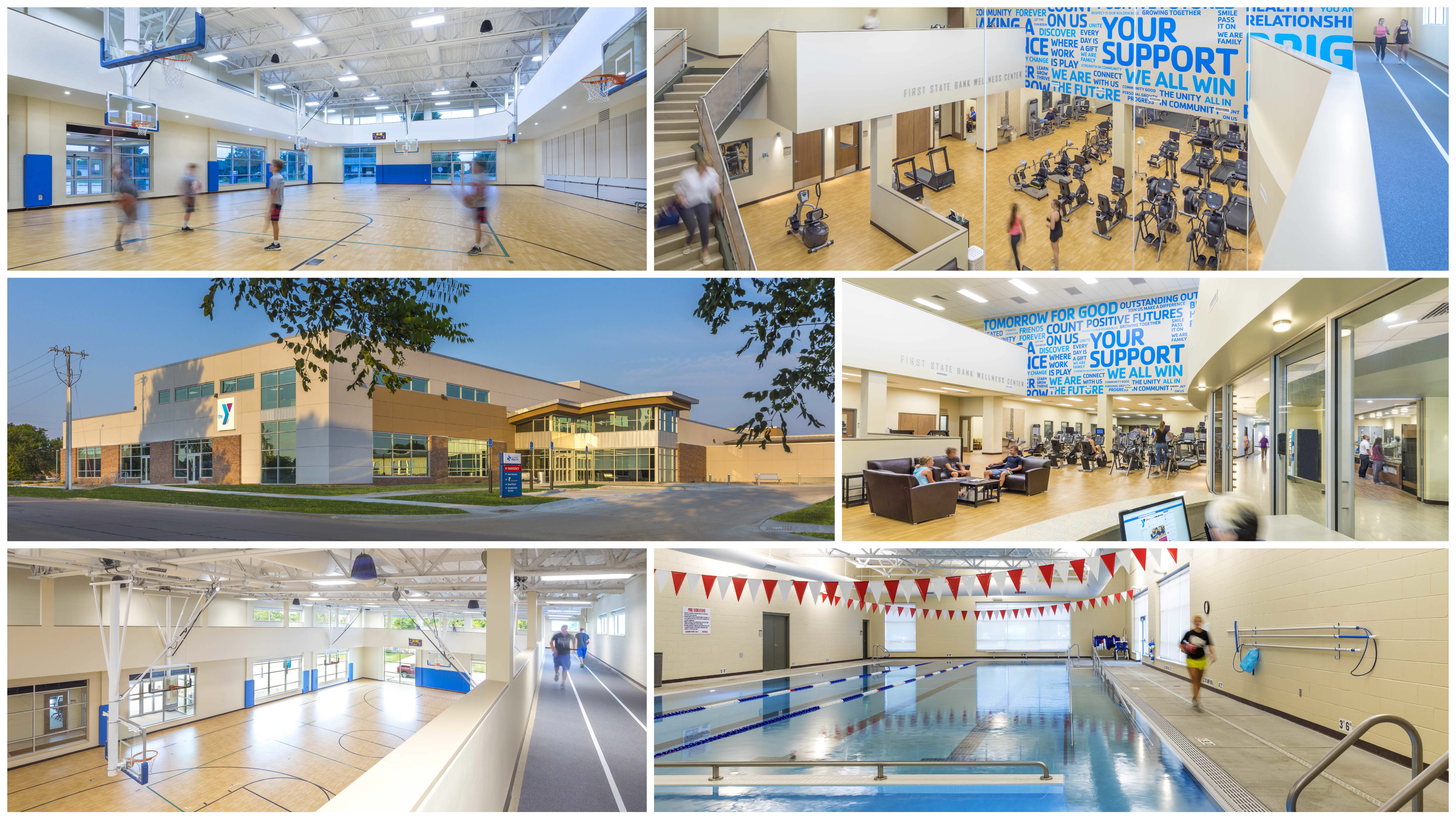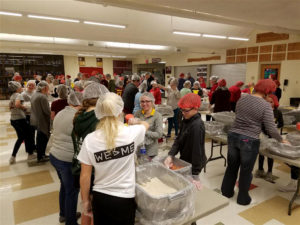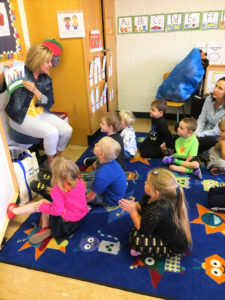2019 All-America City Finalist – Gothenburg, NE
Application Summary for the All-America City Awards:
In Gothenburg, leaders, institutions, and residents work hand-in-hand through a collaborative process that places the needs of the community first.
This approach to community engagement is well-known within the community as doing things “The Gothenburg Way.” “The Gothenburg Way” entails bringing everybody to the table. Due to feedback that it would be easier for more residents to attend meetings if they were earlier in the evening, the Gothenburg City Council recently changed its bi-monthly council meetings from 7 p.m. to 5:30 p.m. In addition, meetings to garner public input on important topics such as the construction of a community center or the advancement of early childhood education are held at times and locations available to people with a variety of different backgrounds, including the senior center over the lunch hour. The result of doing things “The Gothenburg Way” is an established civic infrastructure that lends itself to the continued economic prosperity of the community.
Three project examples showing how this community leverages civic engagement, collaboration, inclusiveness and innovation to successfully address local issues:
1.) Gothenburg YMCA
 In 2013, the local hospital, Gothenburg Health, began considering a large expansion and facilitated community focus groups to better understand the needs of the community. Ten community focus groups identified an overwhelming need for expanded wellness and recreation opportunities.
In 2013, the local hospital, Gothenburg Health, began considering a large expansion and facilitated community focus groups to better understand the needs of the community. Ten community focus groups identified an overwhelming need for expanded wellness and recreation opportunities.
A financial feasibility study then concluded that a stand-alone recreation center would cost between $8 million and $12 million, while building alongside the ongoing hospital expansion would allow the recreation center to be built for only $5 million. The community quickly came together to raise money for the construction; $3.3 million was raised by individuals and local businesses while the remaining $1.8 million came from successful grant requests.
After fundraising goals were met, a partnership with the YMCA of the Prairie was formed to include Gothenburg into their association. This partnership helped ensure that the project was far more than just a new building, as the YMCA has the resources to holistically address community needs.
The facility opened in April of 2018 and includes a lap pool, a gymnasium, walking track, and fitness room. The building also contains space for the education of healthier lifestyles, dietary consultation, and programming for all ages.
The facility has also helped bridge social gaps by providing opportunities for all, regardless of income level, through member scholarships. The YMCA provided $30,000 of scholarship funding to help families and children afford the programs and resources, and as of December 2018, over 1,700 individuals have become YMCA members.
2.) Gothenburg Food Access Initiative
 There are numerous programs in Gothenburg that aim to improve the quality of life for residents who may need an extra helping hand. Gothenburg’s Food Access Initiative is made up of four programs:
There are numerous programs in Gothenburg that aim to improve the quality of life for residents who may need an extra helping hand. Gothenburg’s Food Access Initiative is made up of four programs:
Gothenburg Shares program– provides recipients with holiday meals including a turkey or ham and canned or fresh fruits and vegetables. The program is a cooperative effort between the local Rotary Club, school district, law enforcement agencies, and local newspaper. Most recently, the program delivered food boxes to 70 deserving recipients.
Gothenburg Senior Center- serves an average of 2,200 meals per month. On any given day, there are at least 11 volunteers donating their time to provide individuals over the age of 60 with a hot meal for a suggested donation of $5, but nobody is turned away regardless of their ability to pay. For those with mobility issues, meals are packed into coolers and delivered to the recipient’s front door. Sixteen different civic organizations volunteer and rotate the responsibility of delivering these meals.
Gothenburg Lunch Buddies program- allows community members to anonymously donate money to pay outstanding balances on students’ lunch bills so that no student goes hungry.
BackPack Program- provides deserving students, identified by the school, with a backpack at the end of every week. Each backpack contains two full lunch or dinner meals, one full breakfast meal, vouchers for perishable items such as eggs or milk, and snacks.
3.) Gothenburg Early Childhood Learning Coalition
13% of Gothenburg students did not attend a preschool, and those children scored an average of 16% below their peers on basic assessments.
A collective made up of school staff, local mothers, and community providers wanted to address these challenges and made calls to state and federal programs and foundations and visited communities that had emphasized an early childhood investment. The collective eventually held a community meeting to raise awareness about the need for increased access to early childhood education. It was at this meeting that the Gothenburg Early Childhood Learning Coalition (GECLC) was formed.
Soon after the meeting, a new resident found an affordable space and started Learning Adventures Child Care Center, with 14 kids and three teachers. This center now serves 60 children in the community.
Despite this additional private provider, many students were still not attending preschool, due to costs. As a result, the Gothenburg Public Schools began a half-day preschool. Priority was given to children from backgrounds that typically limit access to preschool. Today, the Swede Academy offered through Gothenburg Public Schools serves 16 children and has been expanded to a full day preschool.
The GECLC Advisory Committee meets every two months and consists of nearly all local providers, as well as school administration and staff, occupational therapists, and community support workers. The purpose of these meetings is to improve early childhood education in Gothenburg in a coordinated manner between public and private interests.
Some Related Posts
Thank You to Our Key Partners



